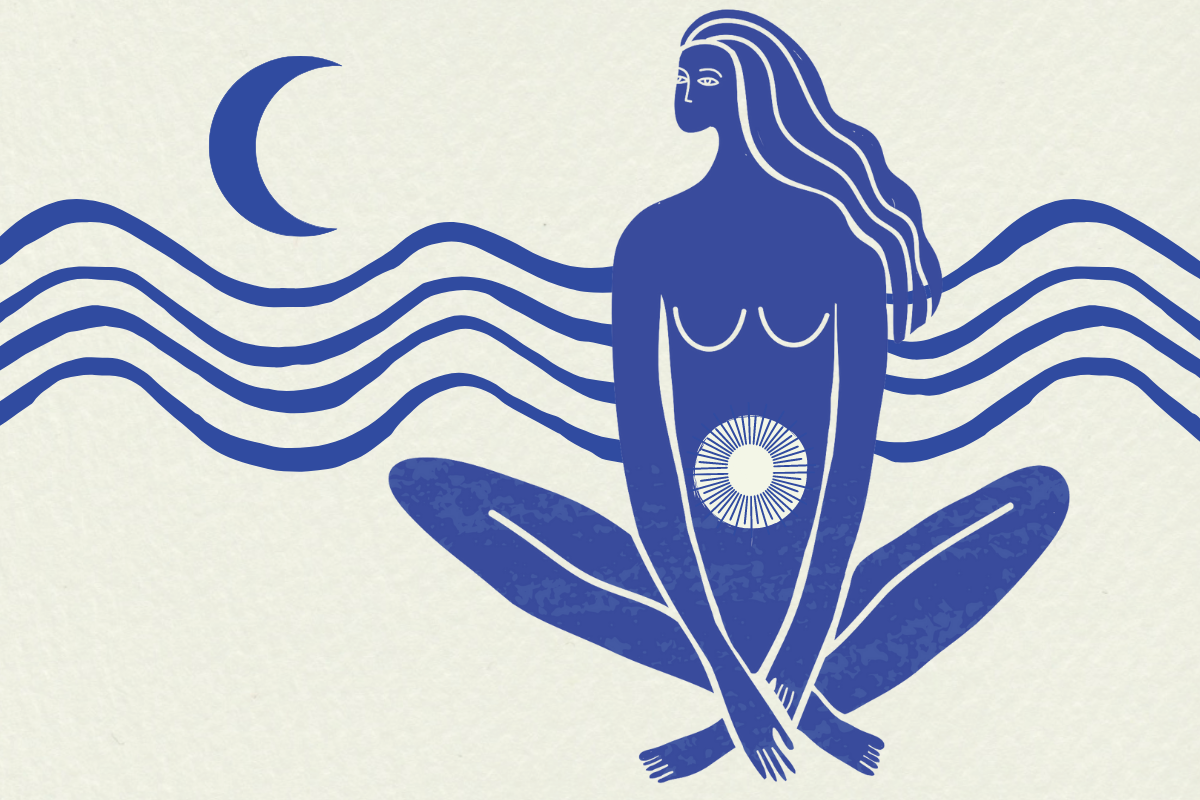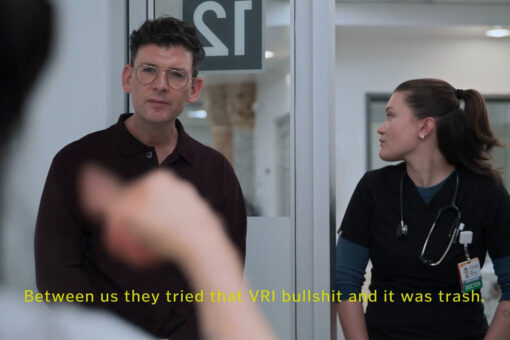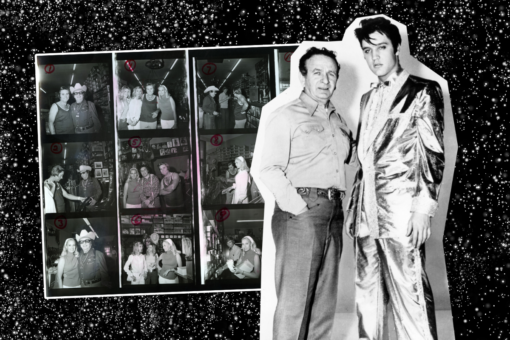Life is precious. We don’t need stories to prove this. We don’t need laws to legislate this truth, nor picket signs to prove our righteousness in this matter. Life is precious, of course.
I am a rabbi. In my tradition, the Jewish tradition, we value life above all. We value reproduction and the sanctity of its process. We value the human body as a creation and reflection of the Divine image. We value sexual pleasure beyond the sexual function of pru urvu, the mandate to be fertile and increase. When we toast, gather, and celebrate, we raise our full glass of wine — itself an amulet of fertility in the rabbinic imagination — in joyous unison: L’chaim! To life.
In the book of Genesis, Mother Sarah laughed her child into existence, contemplating giving birth at the age of ninety. Mother Rivka suffered through a difficult pregnancy, carrying warring twins inside her. Mother Leah bore son after son, willing her husband to love her for her fertility. Mother Rachel pledged to die rather than go through life childless. In every generation, Jewish children have been desperately wanted. Prayed for. Agonized over. Prophesied and divinely midwifed into being.
For generations, Jewish women have prayed in many languages for God to open their wombs so that they might fulfill the commandment to bring life into the world. The voice of an unknown woman cries out from an 1840 book of tkhines, Yiddish prayers written by and for women: “My God and God of my ancestors, You have created me from clay and given me a soul, a life in this world, and everything with great mercy. But You have made me into a vessel that, unfortunately, is somewhat useless since I have not been blessed with children. How bitter my life is!”
We have carried this weight, in joy and in anguish, for years. 20th century poet Kadya Molodowsky writes of the desperation we’ve felt, of this longing for a soft body held tightly against breasts full of milk. She also writes of the possible danger, the often unspoken risks of creating new life:
These are the spring nights
When lightning splits the black earth
With silver slaughtering knives,
And pregnant women approach
White tables in the hospital with quiet steps
And smile at the yet-unborn child
And perhaps even at death.
So precious do we value life that we have led women to the delivery room, unwittingly leading them to their death beds — today, still. Such is the burden to bear in a tradition whose covenant asks us to bespeckle the sky with offspring.
But for every child that is blessed with the mohel’s knife and a good Jewish name, there is a parent whose life is just as dear. And though Jewish tradition is sewn together with the inevitable thread of patriarchy, the first rabbis to interpret the Torah still legislated the need to protect all human life, especially those who would be vulnerable in their potential to give birth. Their intention was not just to protect the vessel for what it could hold, but to protect the vessel itself.
The Mishna gives a violent, nightmare worst-case scenario to illustrate the sacredness of a mother’s life:
הָאִשָּׁה שֶׁהִיא מַקְשָׁה לֵילֵד, מְחַתְּכִין אֶת הַוָּלָד בְּמֵעֶיהָ וּמוֹצִיאִין אוֹתוֹ אֵבָרִים אֵבָרִים, מִפְּנֵי שֶׁחַיֶּיהָ קוֹדְמִין לְחַיָּיו. יָצָא רֻבּוֹ, אֵין נוֹגְעִין בּוֹ, שֶׁאֵין דּוֹחִין נֶפֶשׁ מִפְּנֵי נָפֶשׁ:
If a woman is having trouble giving birth, they cut up the child in her womb and they bring it forth limb by limb, because her life comes before the life of [the child]. But if the greater part has come out, one may not touch it, for one may not set aside one person’s life for that of another.
I think of Mother Rachel, who struggled to conceive and then, when she finally did, died giving birth to Benjamin and named him in her last breath of life. Were the rabbis thinking of our people’s beloved matriarch when they determined that the lives of those who give birth are just as valuable as those birthed? Were they thinking of her midwife, who was helpless at her side as she watched Rachel die? No doctor should have to choose between parent and child when the choice should have been made long ago. No birthing person should have to withstand the delivery of a corpse. No person should be led to this moment by those in whom we entrust our health, stripped of the opportunity to lessen the suffering of every person who prayed for the creation of this little life. Even when a child is wanted, our sages recognize that to be pregnant enacts a status akin to one who is extremely ill. Anything could happen, and it could happen anywhere, anytime. We feed her on Yom Kippur if she is hungry. We break shabbat in the case of a delivery, allowing everyone around her to do whatever necessary to preserve both lives.
And though my tradition and culture still ask of me what it asked of Sarah, Rivka, Rachel and Leah, children are not always a welcome or wanted part of our individual plans. Perhaps we are not ready. Perhaps we are not well. Perhaps we are abused, raped, coerced. Perhaps we are poor, tired, or at risk. Perhaps we simply don’t want to parent.
In these and so many other cases, thank God for abortion. And thank God that my tradition cares so much for life that sources ancient and modern speak out the need for blessed choice. Rabbi Ben Zion Chai Uziel, Sephardi Chief Rabbi of Mandatory Palestine, writes: “it is clear that abortion is not permitted without reason. That would be destructive and frustrative of the possibility of life. But for a reason, even if it is a slim reason, such as to prevent disgrace, then we have precedent and authority to permit it.”
With respect, I add my insistence that no one seeks abortion without reason. With respect, I challenge the notion of a “slim reason” in the case of abortion. With respect, it is clear that abortion is permitted in all cases, required in others. It would be a disgrace to rule otherwise.
Today, I weep like my Mother Rachel in the book of Jeremiah. Long ago, she cried for her children: those born and unborn, those wanted and those wielded upon her. I weep like my Mother Rachel, whose cries softened God’s decree and inspired the prophecy of our eventual return to Zion. I call on her now, asking her to weep with me. And to bless me, to bless us all, in this sacred fight for life. L’chaim!



